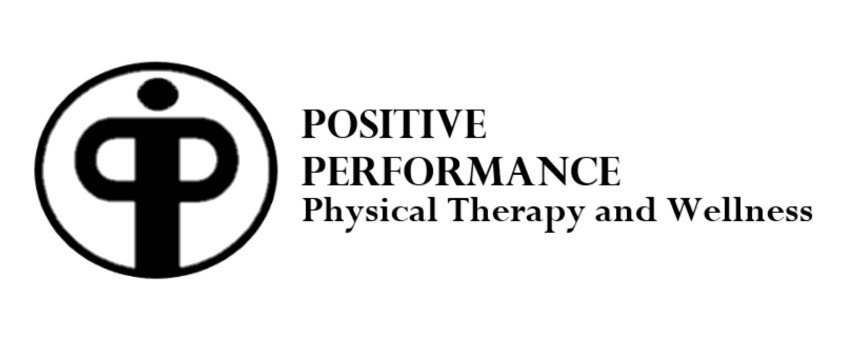Healthy Eating is a Journey
Often people get caught up in new diet trends to lose weight or lower cholesterol and forget that changes need to be made for the long term. We may lose weight when we reduce calories or reduce our consumption of fats or carbohydrates, but when the body stops responding (losing weight), we may get frustrated and give up our quest for weight-loss and healthy eating. However, COVID-19 and every flu season should remind us that developing better eating habits boosts our immunity to help our body fight off infection, and gives our body the opportunity to heal itself and take care of us.
My own personal journey with eating healthier began roughly 20 years ago before I left college. I decided to take advantage of being a student athlete and made an appointment with the sport nutrition staff because they had acquired something called the Bod Pod to more accurately estimate a person's body fat. Along with confirming that the college diet of beer and pizza aren’t conducive to having a low body fat ratio, we also talked about eating more fruits and vegetables and cooking. My roommates and I did cook for each other, but we often shopped in the frozen food section; but now we were attempting to cook with raw materials called whole foods, and we found it very enjoyable. I discovered that there were several different kinds of tomatoes. It was amazing!
Every one of us needs to look at healthy eating as being on our own personal journey. Not all of us are ready to saute kale and cabbage, we do not all need to be buying fancy juicers or food processors. A good first step on the journey may be to forget the drive-through salad and make our own with fresh ingredients at home. The next step could be examining the salad dressing and considering whether it is adding healthy fat or processed chemicals to our meals. Investigate which organic ingredients are better for our health, or be creative and add something like sunflower seeds or arugula.
Sticking to a diet regimen can sometimes cause stress and anxiety that is unproductive when trying to make a lifestyle change. Often it can cost more money for ingredients in specific recipes and take up a lot of time for cooking and preparing. These feelings and stressors are usually what cause us to give up, return to old eating habits, and forget why we tried to make a change in the first place. Be kind to yourself, take a breath and choose one or two things that you know you can consistently change permanently; when you feel you have made a new healthy habit, explore other ways of getting more nutrients and real food into your diet.

